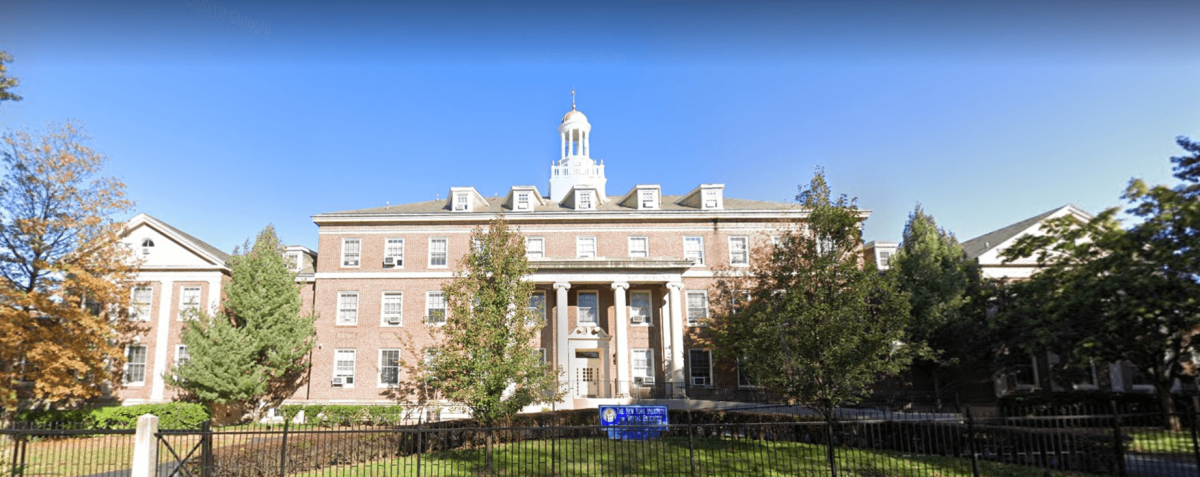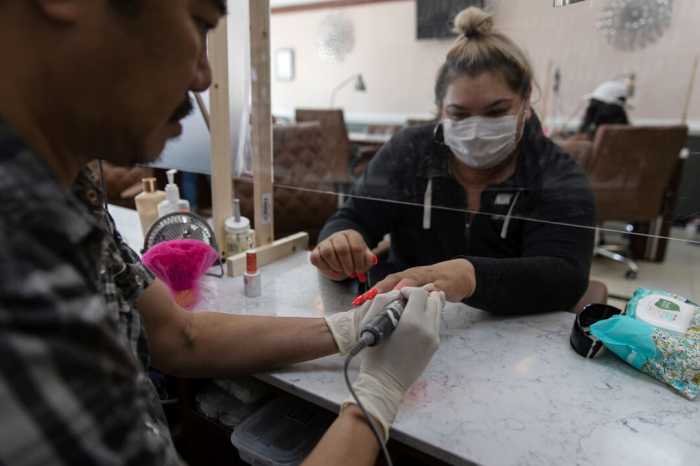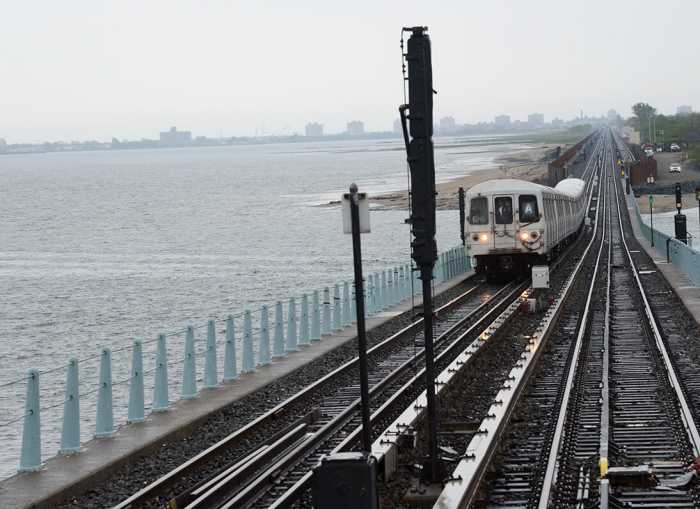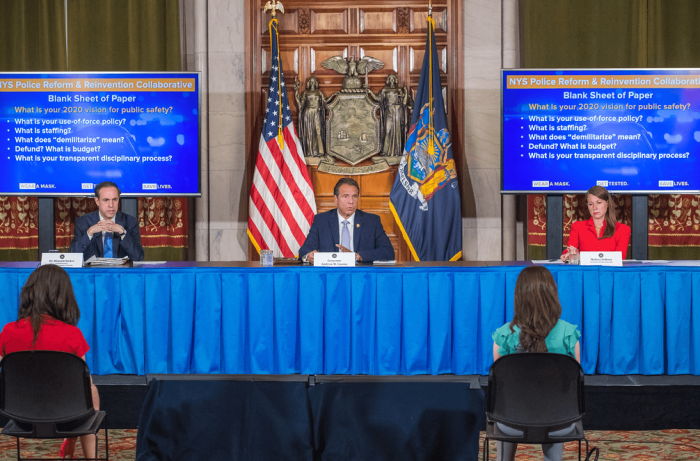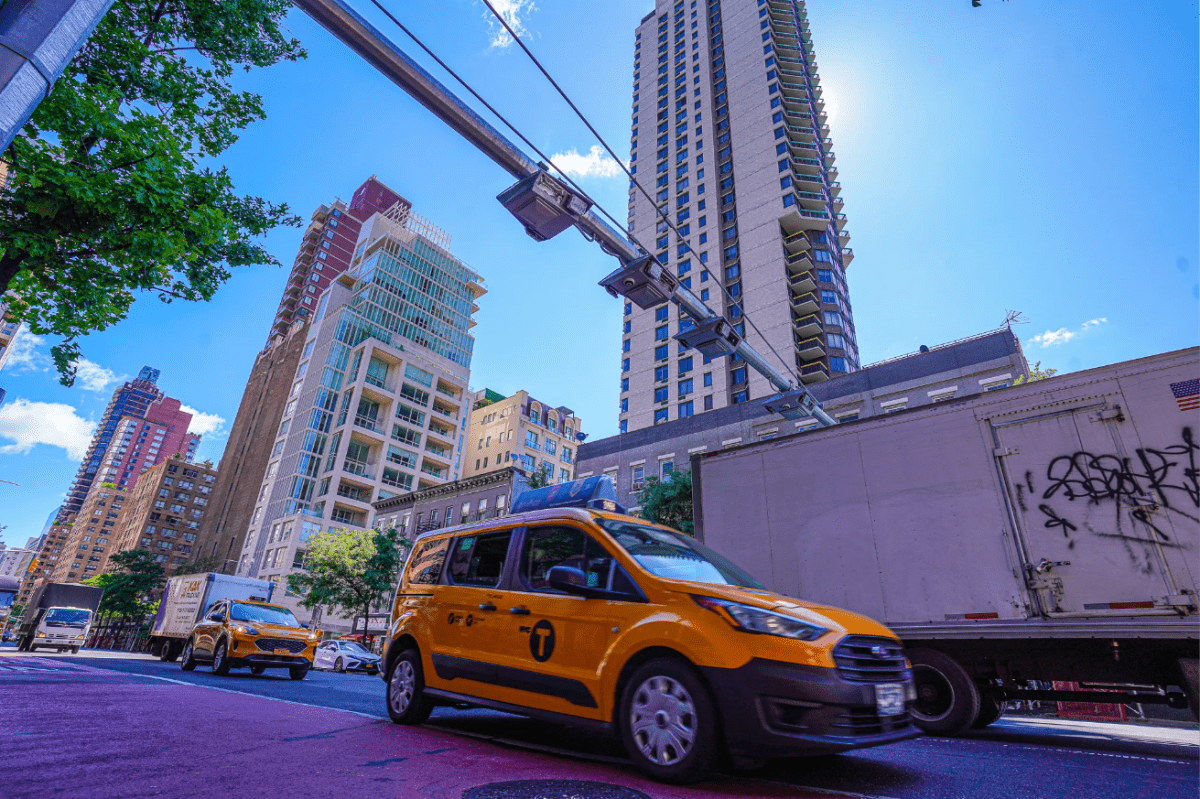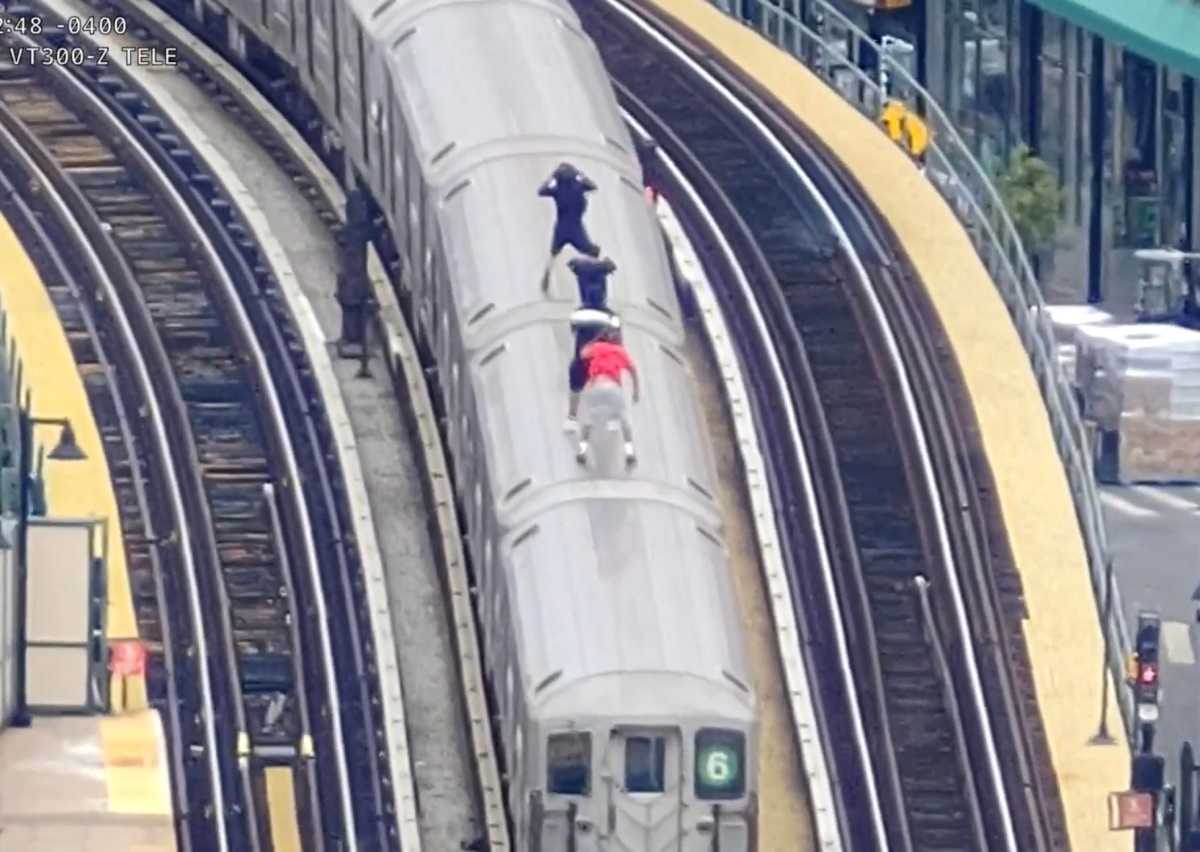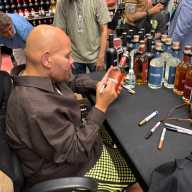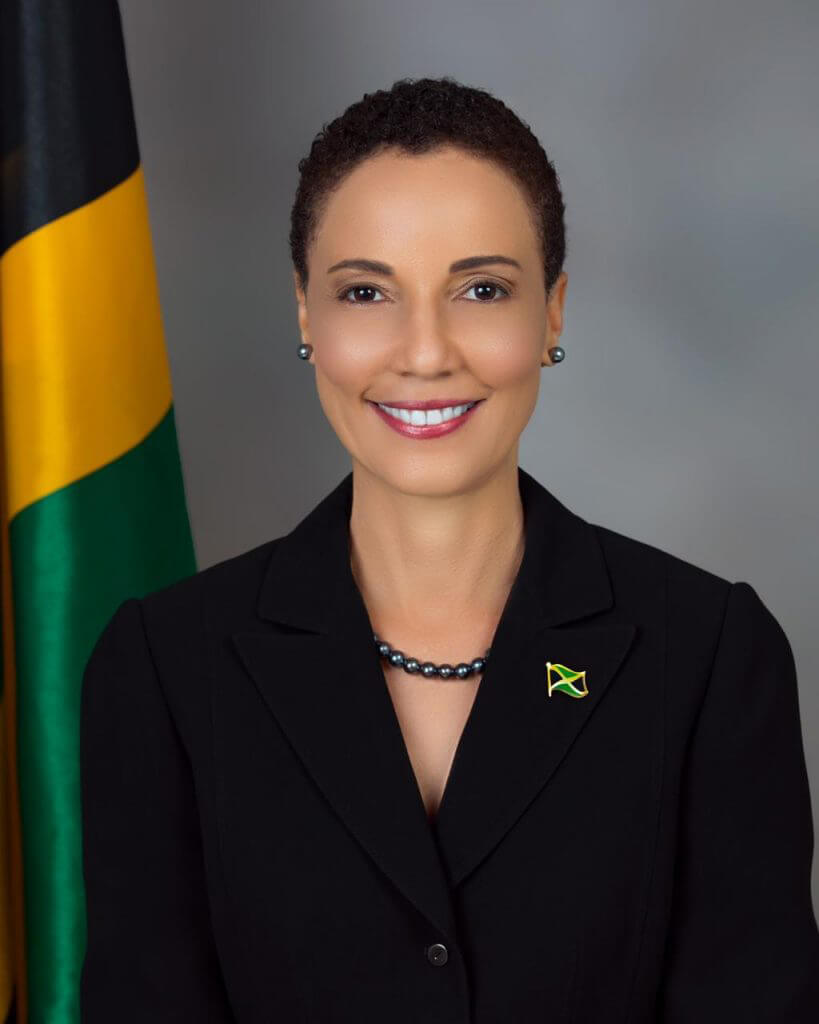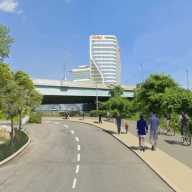During a virtual town hall on education last week, Assemblywoman Nathalia Fernandez promised to continue her ongoing support for two special education establishments as they worked through their unique challenges in trying to reopen.
Addressing and hearing from education experts on the topic of reopening and preparing for school in the wake of COVID-19, Fernandez said she would make sure that the New York Institute for Special Education and the Lavelle School for the Blind remain a part of the conversation.
One upcoming challenge that the Director of NYISE, Bernadette Kappen, addressed is that social interaction, orientation and mobility are “critical to educating visually impaired children and this requires in-person learning.”
Lavelle’s Executive Director Rebecca L. Renshaw took the opportunity to praise the parents of her students, who have faced the challenges of suddenly adjusting to distance learning.
She noted that parents have developed a closer bond and greater understanding of their students’ learning process, adding that it is significantly important to get these visually-impaired students back into a school environment despite unforeseen hardships.
“We must have more and closer interaction with students and must have more extensive PPE (personal protective equipment) to accommodate that,” Renshaw said.
One high school student from NYISE, Iliana Mejia, spoke about her own learning from home experience, saying that it “was very challenging, even though I am very adept at technology.”
“I missed the social interaction with my teachers and my peers,” Mejia added.
She also acknowledged the challenges of returning to school, saying that “it’s good to know there will be mask breaks.”
Both doctors Kappen and Renshaw detailed other special challenges and the measures to address the newly necessary accommodations that don’t fit a traditional public school model.
“An arrow on the floor doesn’t work when you are blind,” Dr. Kappen said.
To accommodate the students’ specific needs, NYISE has placed thin wire covered with tape on the floors, so students can feel their way throughout the classroom.
Lavelle has also purchased new academic furniture to allow social distancing when students sit in groups, with new protocols to limit students passing items from hand to hand.
Both schools plan to keep students remaining in the same classroom while teachers rotate from room to room, in lieu of the traditional and likely, outdated way of students move from class to class.
“We must ease people back into school [and] ask ‘Where are you? What are you afraid of?’ Create a pleasant time to relieve stress for children who have been separated for so long,” Dr. Kappen said.

